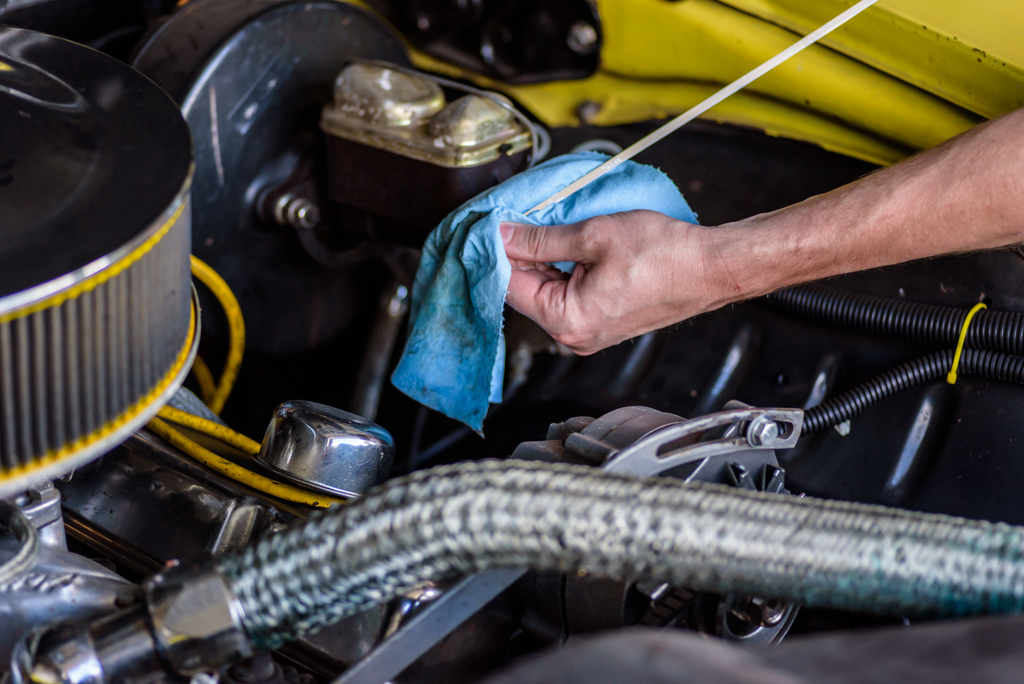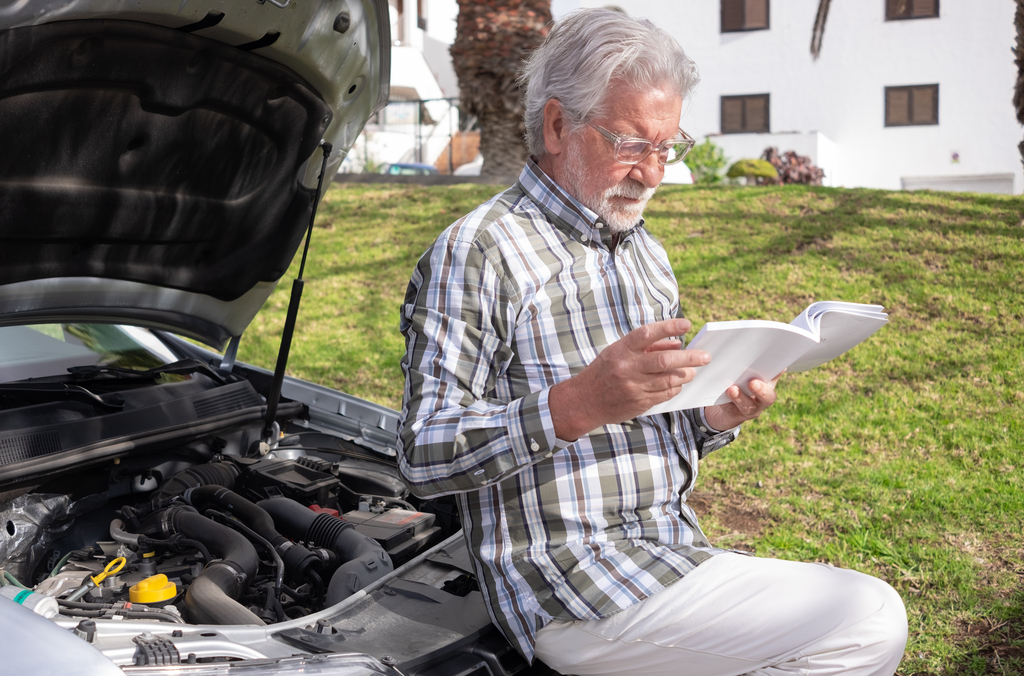The Car Owner’s Toolkit: Basic Car Maintenance and Repair Tips You Need
Posted Thursday, Jun 29, 2023
When it comes to your car, it's not just about getting from point A to point B – it's about enjoying the journey and feeling safe along the way. That's why taking care of your four-wheeled friend is so important. Beyond regular checkups, we've gathered some basic car maintenance and repair tips to keep your ride in tip-top shape. With these tips, you'll have the know-how to keep your car running smoothly and address any potential issues early on.
Test the Lights

Guaranteeing the proper functioning of all your lights is an essential aspect of auto maintenance. Your headlights, turn signals, brakes, and parking lights should all be in excellent condition at all times. Ensuring the proper functioning of all your lights can prevent potential tickets or unwelcome hikes in your auto insurance premiums. Additionally, lights are pivotal for your safety while driving, aiding in better visibility and facilitating clear communication with pedestrians and other drivers.
Once a month, make sure to inspect your car's lights, visually examining them when the vehicle is running or when the lights should be activated. If needed, ask a friend to assist you in verifying their proper functioning.
Change Your Cabin Air Filter
The cabin air filter keeps the air used by the climate control system clean, ensuring drivers and passengers breathe fresh air inside the vehicle. It filters out pollutants and comes in two styles: a dust/pollen filter and a charcoal media filter, which also reduces odors.
Changing the cabin air filter every 12 months is essential to maintain its effectiveness and avoid any issues with the air conditioning system.
Change the Oil

One crucial car maintenance tip is to regularly change the oil, as it ensures optimal lubrication for moving parts, minimizes wear and tear, and contributes to the overall health of the engine. Whether you choose to perform the oil change yourself or visit a repair shop, it's vital to consult your owner's manual to determine the recommended frequency, which usually falls between 6 and 12 months.
Get Your Tires Rotated
Tires experience varying rates of wear and tear due to factors such as the distribution of power and steering responsibilities among different wheels. For instance, in front-wheel-drive cars, the front tires endure more strain as they handle steering, braking, and power delivery. To promote uniform wear and maximize tire longevity, it is important to rotate your tires every 3,000 to 5,000 miles or at least once every six months. Additionally, tire rotation is particularly crucial if you have a tire warranty, as it may be a requirement to maintain the validity of the warranty.
Verify Pressure and Tread Depth
To prioritize safety, fuel efficiency, and tire lifespan, make it a habit to check tire pressure and tread depth monthly or before extended journeys. While newer cars feature tire-pressure warning lights, older cars may not, so invest in a tire-pressure gauge for accurate readings. Consult the sticker on the driver's door pillar for the recommended cold inflation pressure, and remember to raise pressures by three pounds per square inch after driving for a while. After checking pressures monthly for a couple of months, you can switch to quarterly checks if the pressures remain stable.
Check Your Coolant
Regularly monitor coolant levels to stay on top of your auto maintenance and keep your engine running smoothly. Coolant is vital for maintaining proper engine temperature and preventing overheating. It also includes antifreeze to protect against freezing in the winter. Check coolant twice a year, before warm and cold seasons, ensuring levels are within the designated marks on the container.
Change Your Engine Air Filter

One automotive maintenance secret that will maximize your engine’s efficiency is inspecting and replacing the air filter when required. A dirty filter limits airflow, straining the engine and affecting gas mileage and acceleration. Driving on rough or non-paved surfaces and facing dusty conditions contribute to faster air filter clogging. When checking your filter, keep an eye on its cleanliness and replace it if it appears contaminated or obstructed. While it is generally advised to change the engine air filter annually, referring to the owner's manual will provide specific guidelines for your vehicle.
Check the Brake Pads and Brake Fluid
Regularly inspecting your car's brake pads and brake fluid to maintain their optimal performance is a vital automotive maintenance recommendation to ensure your safety on the road. While driving, be attentive to any unusual brake noise and carefully note any shuddering or vibrating sensations from the brake pedal. Additionally, regularly check your brake fluid levels and visually inspect for any leaks or abnormalities. If you encounter any concerns, it is advisable to consult a reliable service center promptly to address the issues effectively and maintain proper brake functionality.
By following these car maintenance tips, you will prolong the lifespan of your vehicle, save money on potential repairs, and even avoid tickets. However, don't forget the importance of regular check-ups to ensure a thorough evaluation. To ensure a reliable and comfortable ride, browse our inventory and discover your next car – a trusted partner that will accompany you on countless journeys.
